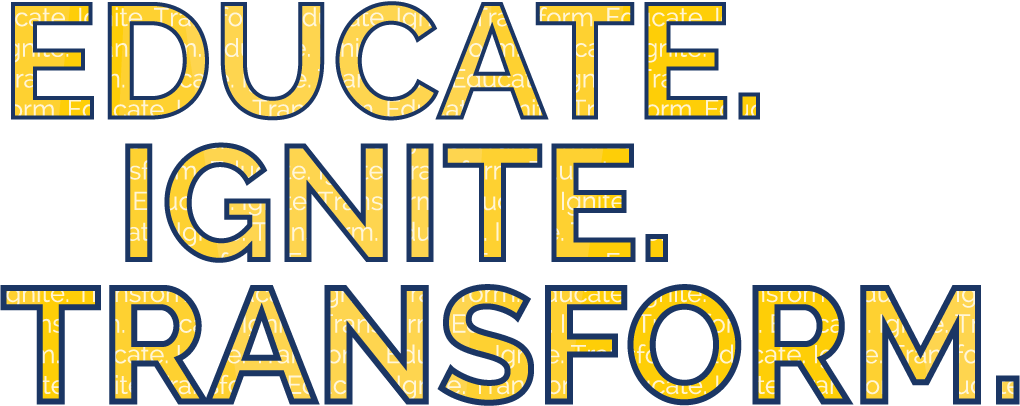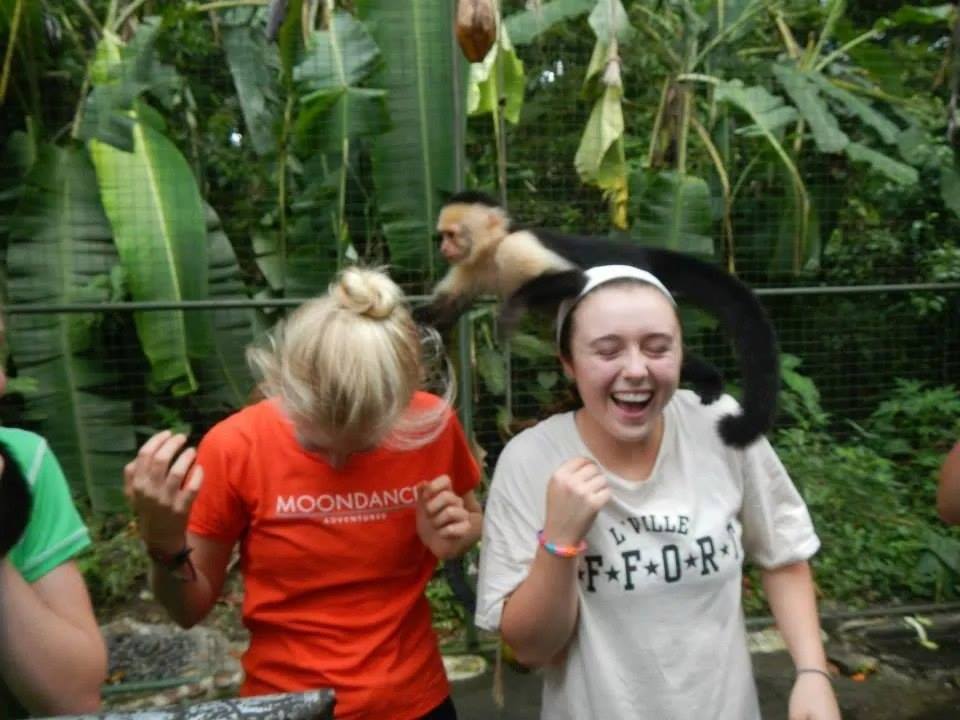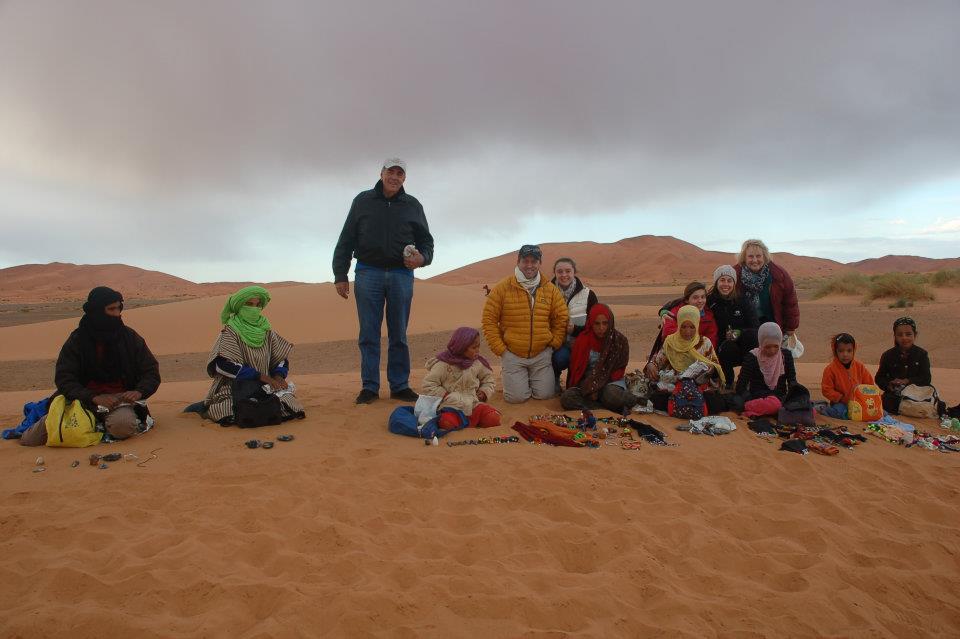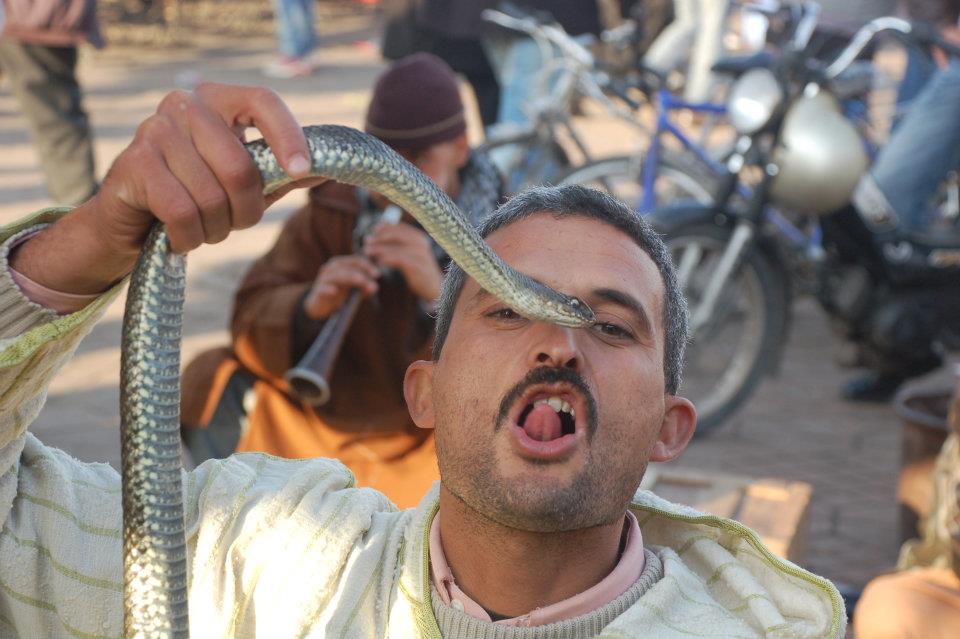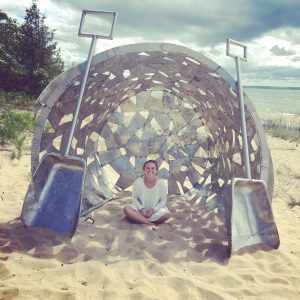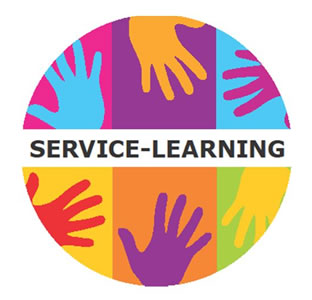I remember meeting Professor Moody during my interview last spring. We talked about my passion for global health and how health in general has a strong impact on every aspect of life: education, economic status, personal and social well-being, etc. I remember talking about how certain development projects aim to fix health problems, and how I felt these goals were important to pursue in order to begin to address several other global issues (as everything is so interconnected). I told him that I wanted to go on this trip in order to be a part of this goal.
When I got into the CCESP I was incredibly excited to have the opportunity to go to Nicaragua and see firsthand how our work would affect the people living there. But the trip itself was not the only attraction of the program. I was also very enthusiastic about the class and being able to learn more about Nicaragua and how the country has dealt with development. As the term progressed, I found that the class provided a great platform to explore the issues that come with development. It has been really great to engage in this class and learn about these issues before going abroad on the service program. It has made me think about issues that can arise from development projects, which is something that I otherwise might not have thought about. Further, doing both the individual research project and the final project has allowed me to really learn about Nicaragua. I feel more knowledgeable about the country, which makes the work I am going to do on the CCESP more rewarding. I know I am not an expert, but it is still great to be informed.
I am excited to have the opportunity to go down to Nicaragua this December and get to learn more about what I have been exposed to in this class.
On top of the educational aspect of this experience, I am also excited to get to know my classmates better. I have already created strong friendships from this class, and I am anticipating that this trip will make those friendships grow stronger.
Overall, this class has been great and I know the trip is going to be an incredible experience.
As a side note, I was looking up “service-learning” online and the three words below came up as the goals of the National Youth Leadership Council. I think they perfectly describe my experience in this class and what is to come on the CCESP.
